Partnering for Good
Partnering for Good
Partnering for Good
Partnering for Good

Our Partners
Navigating global challenges requires collective action, as is exemplified by the United Nations’ 17 Sustainable Development Goals (SDGs).
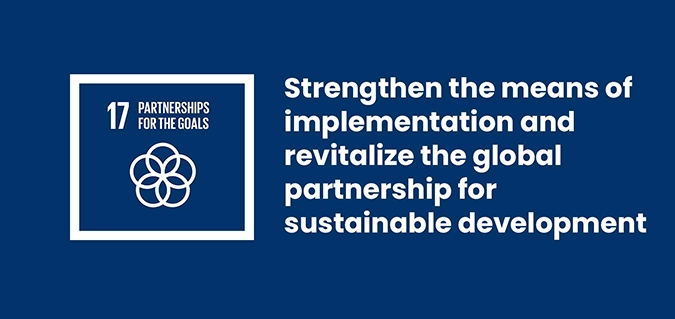
As technical professionals, we are uniquely positioned to contribute to these goals, designing solutions for a more sustainable and equitable world. ABET’s global engagement further strengthens this effort through partnerships and collaborations. By assisting in accrediting systems, supporting mutual recognition agreements, providing training and recognizing academic equivalency, ABET fosters the means for achieving the SDGs. Together, we can revitalize the global partnership for sustainable development, ensuring a brighter future for all.
Member Societies
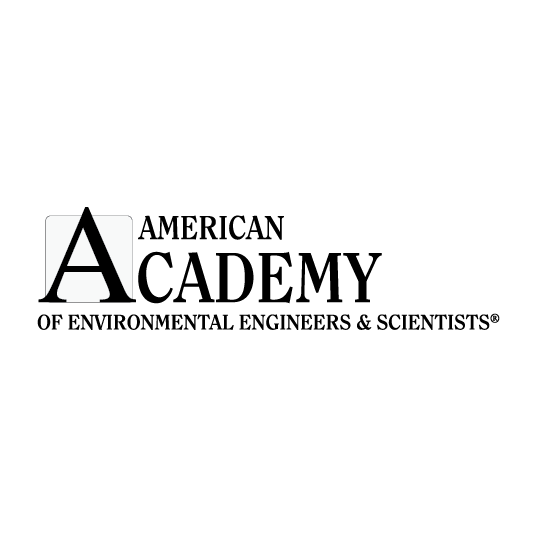








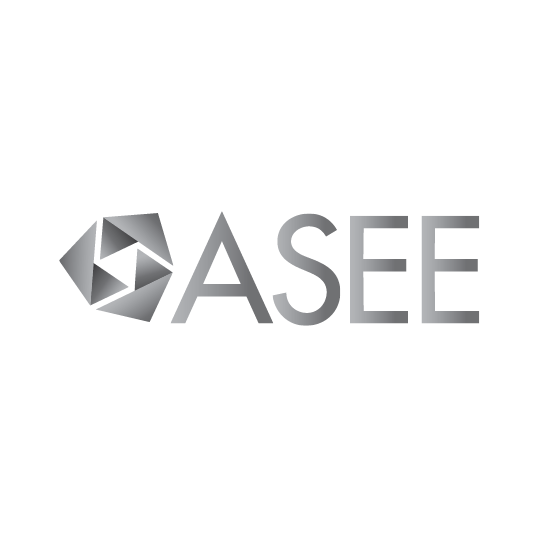
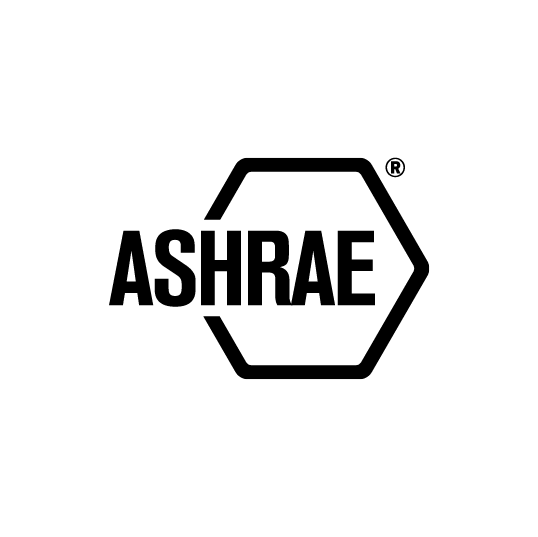

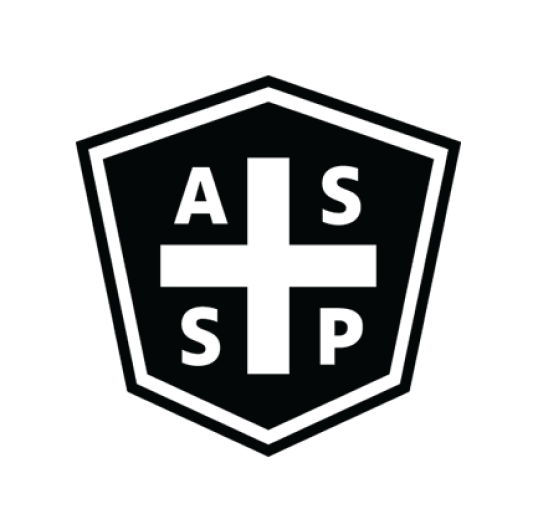





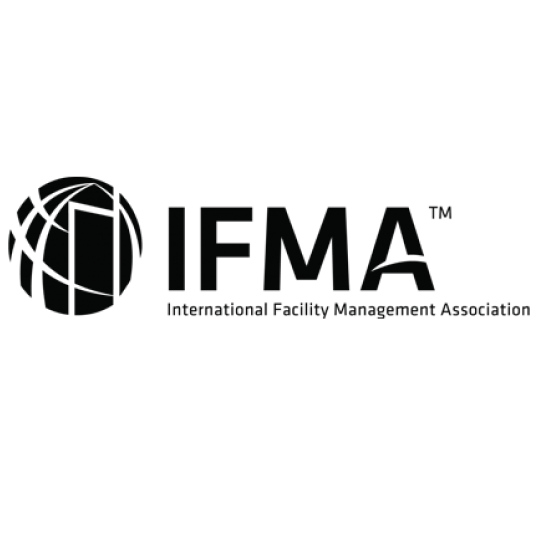
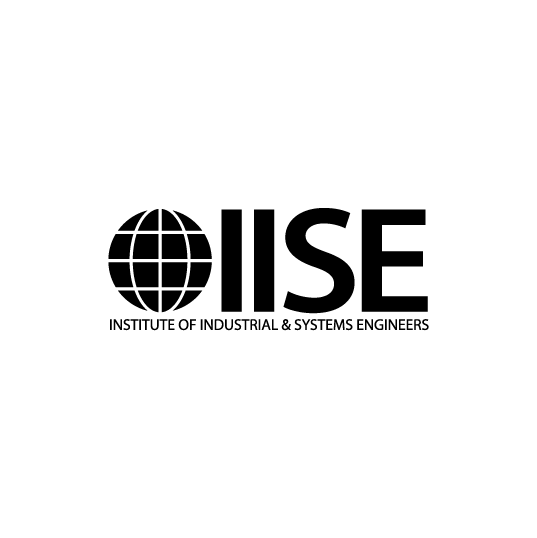
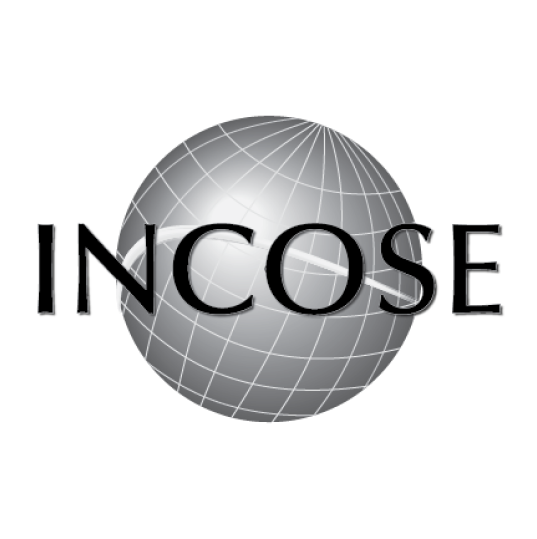


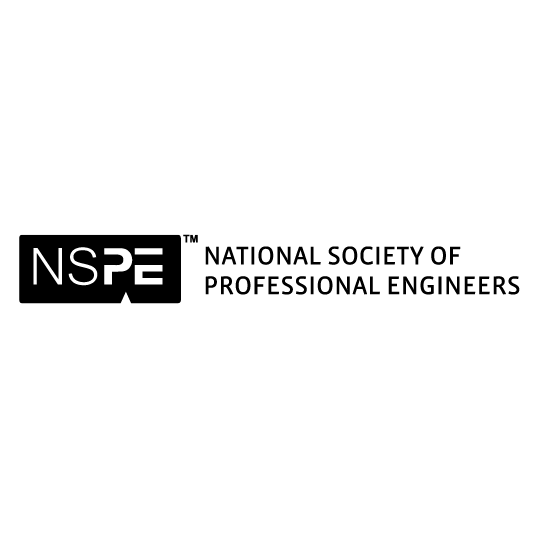








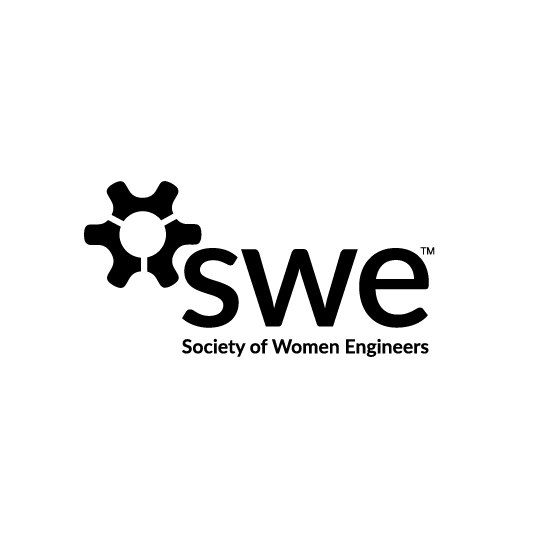


The mission to enhance technical education globally and facilitate student and graduate mobility is supported by mutual recognition agreements (MRAs).
These agreements, established among organizations accrediting academic degree programs, affirm the substantial equivalency of accreditation processes and graduates’ preparedness for professional practice at entry level. Key points regarding MRAs include:
• Objective: MRAs aim to improve technical education worldwide and enable graduates to seamlessly transition into professional practice or further studies.
• Characteristics: Substantial equivalency among accreditation systems denotes comparable standards, outcomes and processes, though not necessarily identical ones.
• Signatory MRAs: Notable MRAs include the Seoul Accord for computing programs, bilateral agreements between Engineers Canada and ABET for engineering programs and multilateral accords such as the Washington, Sydney, and Dublin Accords for various engineering and technology programs.
Each MRA entails specific guidelines and recognition criteria, as exemplified by the Seoul Accord for computing programs, Engineers Canada Bilateral MRA for engineering, and the Sydney and Dublin Accords for engineering technology at bachelor's and associate levels, respectively. These agreements aid in determining cross-jurisdictional recognition for licensure, employment or further academic pursuits. Additionally, the procedures for engaging in MRAs emphasize rigorous evaluation, peer review and adherence to established quality assurance standards to ensure the effectiveness and sustainability of mutual recognition efforts.
Our Results
ABET’s global engagement equips us with the reach and connections needed to enhance technical education worldwide. The year 2022 to 2023 saw another estimated 200,000 students graduate from STEM programs accredited by ABET.
Meanwhile, our reputation for delivering continuing education services to professionals continues to grow with workshops being run in Asia, Middle East, South America and North America.
Through collaborative efforts, we leverage diverse perspectives and expertise to address challenges and drive innovation in technical education. By focusing on the future and moving forward with confidence, we inspire others to join us in our mission to build stronger educational systems that can adapt and thrive in a rapidly changing world. Together, we work towards a brighter future where education is a catalyst for resilience and prosperity across the globe.
Accreditation
Despite the legacy challenges of the COVID pandemic, our four accrediting commissions successfully completed the accreditation of programs globally.
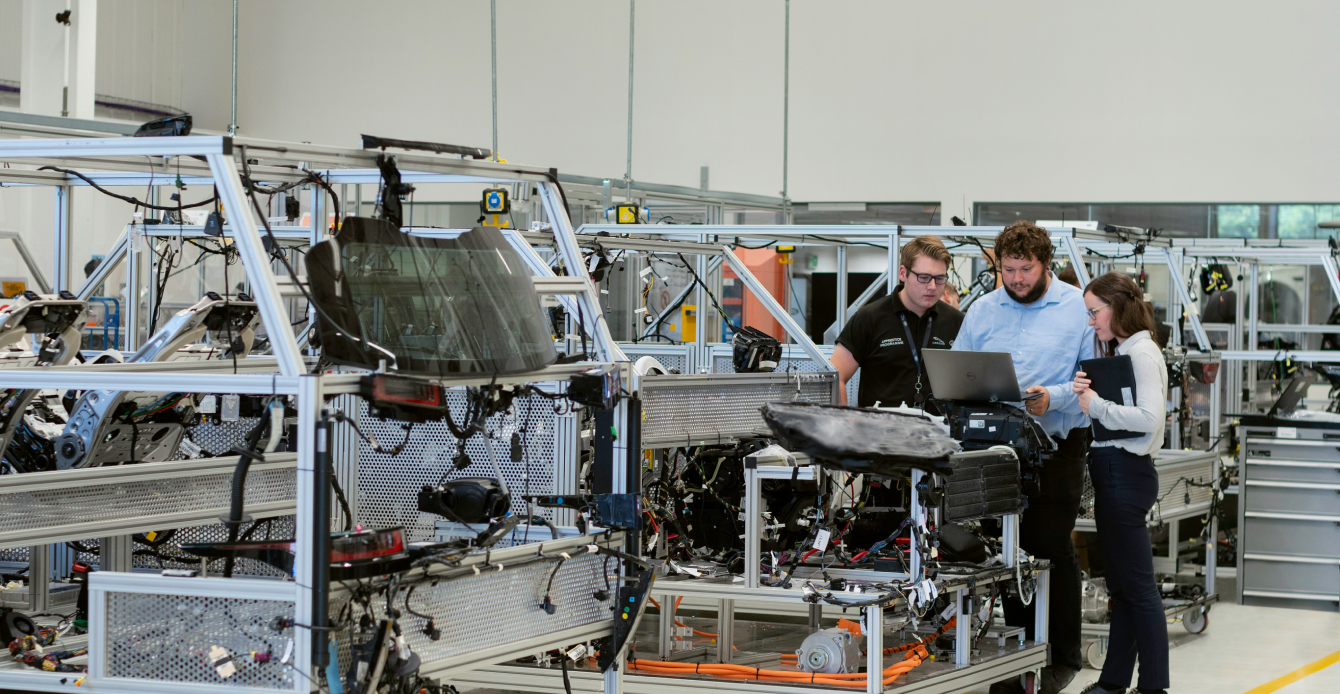
Education And Collaboration
With our rich history of global engagement, is committed to promoting and improving the quality of technical education worldwide. Our efforts are directed toward building a safer world through the assurance of confidence in the career preparation of professionals in applied and natural science, computing, engineering, and engineering technology education programs around the world.
• Assistance in Establishing National Accrediting Systems: ABET actively assists in the establishment and continuous improvement of national accrediting systems worldwide through Memoranda of Understanding (MOUs).
• Support for Mutual Recognition of Accrediting Systems: We support the mutual recognition of accrediting systems worldwide via Mutual Recognition Agreements (MRAs), fostering mobility of students and graduates.
• General Assistance and Training: ABET provides general assistance and training through workshops, seminars, and conferences aimed at enhancing technical education globally.
• Recognition of Academic Program Equivalency: Recognizing the substantial equivalency of academic programs ensures consistency in standards and outcomes across borders.
• Directing Accreditation of Programs Outside the U.S.: ABET directs the accreditation of academic programs outside of the U.S., ensuring adherence to global quality standards.
Programs Accredited Worldwide
4,674
Institutions With Accredited Programs
920
Countries With ABET Accreditation
42
IN THE USA
3,552 Programs
698 Institutions
OUTSIDE THE USA
1,122 Programs
222 Institutions
INCREASE SINCE 2022
110 Programs
25 Institutions
Countries with ABET Accreditation
Austria (1)
Bahrain (13)
Brazil (5)
Brunei Darussalam (1)
Canada (1)
Chile (14)
Colombia (53)
Dominican Republic (3)
Ecuador (19)
Egypt (37)
Ethiopia (4)
Georgia (4)
India (51)
Indonesia (20)
Jamaica (1)
Jordan (79)
Kazakhstan (3)
Korea (South) (2)
Kuwait (42)
Lebanon (55)
Mexico (84)
Mongolia (3)
Morocco (3)
Netherlands (2)
Oman (9)
Palestine (10)
Peru (64)
Philippines (58)
Poland (5)
Portugal (2)
Qatar (12)
Saudi Arabia (228)
Singapore (3)
South Africa (1)
Spain (33)
Sri Lanka (1)
Thailand (9)
Tunisia (4)
Turkey (74)
United Arab Emirates (87)
United States (3552)
Vietnam (22)
Countries with ABET Accreditation
Austria (1)
Bahrain (13)
Brazil (5)
Brunei Darussalam (1)
Canada (1)
Chile (14)
Colombia (53)
Dominican Republic (3)
Ecuador (19)
Egypt (37)
Ethiopia (4)
Georgia (4)
India (51)
Indonesia (20)
Jamaica (1)
Jordan (79)
Kazakhstan (3)
Korea (South) (2)
Kuwait (42)
Lebanon (55)
Mexico (84)
Mongolia (3)
Morocco (3)
Netherlands (2)
Oman (9)
Palestine (10)
Peru (64)
Philippines (58)
Poland (5)
Portugal (2)
Qatar (12)
Saudi Arabia (228)
Singapore (3)
South Africa (1)
Spain (33)
Sri Lanka (1)
Thailand (9)
Tunisia (4)
Turkey (74)
United Arab Emirates (87)
United States (3552)
Vietnam (22)
MOUs and LOIs
ABET has a long history of partnerships with technical education organizations and accrediting bodies around the world. These mutually beneficial collaborations focus on sharing best practices and learning from one another. Through these joint efforts, ABET contributes to the enhancement of the quality of global technical education by playing an instrumental role in the continuous improvement of accreditation agencies around the world. For more details about ABET’s collaborative agreements, please visit our website.
Our Volunteers
Our greatest partnership is the one that has endured since our founding in 1932.
ABET accreditation ensures STEM graduates are fully prepared to enter the global workforce. But that would not be possible without the collective efforts of global professionals from industry, academia and government that assess and evaluate the quality of their programs. Their experience, their expertise and their unswerving dedication to making a positive difference in the world ensures the continuous improvement of the quality of higher education around the world and all our confidence in it.
We are immensely thankful for their partnership, their ongoing commitment and their dedication.
Our Volunteers
Our greatest partnership is the one that has endured since our founding in 1932.
ABET accreditation ensures STEM graduates are fully prepared to enter the global workforce. But that would not be possible without the collective efforts of global professionals from industry, academia and government that assess and evaluate the quality of their programs. Their experience, their expertise and their unswerving dedication to making a positive difference in the world ensures the continuous improvement of the quality of higher education around the world and all our confidence in it.
We are immensely thankful for their partnership, their ongoing commitment and their dedication.

SECTORS
Where Our Volunteers Work
Accredited Programs By Commission 2018 To 2023
ANSAC |
Applied and Natural Science Accreditation Commission |
|
CAC |
Computing Accreditation Commission |
|
ETAC |
Engineering Accreditation Commission |
|
EAC |
Engineering Technology Accreditation Commission |